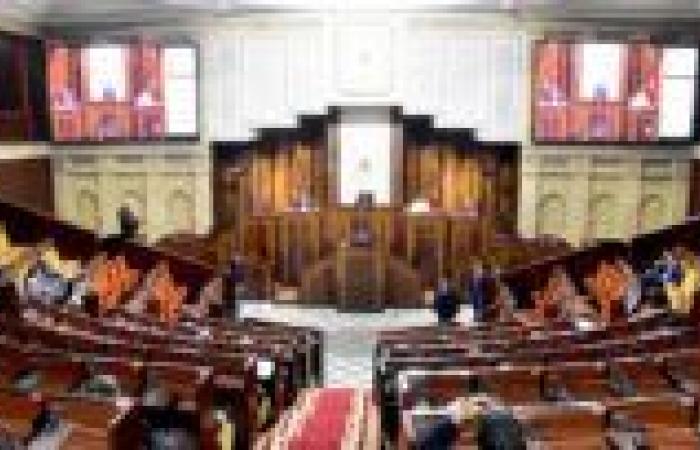The Ambassador Permanent Representative of Morocco to the United Nations, Omar Hilale, underlined, in New York, that the Algerian proposal to partition the Moroccan Sahara is a usual outlet for its diplomatic setbacks.
During a press briefing held following the adoption by the Security Council of the resolution on the Moroccan Sahara, Mr. Hilale reacted to the debate sparked by the Algerian partition proposal, presented by the Personal Envoy , Staffan de Mistura, to Council members during closed-door consultations on October 16, 2024.
Ambassador Hilale outlined three elements to better understand Morocco’s position and thus close the debate on a stillborn Algerian proposal.
Concerning the political authorship of this proposal, the ambassador revealed that “neither the former Personal Envoy, James Baker, nor the current one, Staffan de Mistura, were at the origin of this idea of partition. They were only messengers from Algeria”.
The permanent representative of Morocco recalled that this idea, far from being new, was initially presented by the late former Algerian President Abdelaziz Bouteflika on November 2, 2001, during his meeting with Mr. Baker in Houston.
This proposal was reaffirmed by the former Algerian Permanent Representative in New York, Abdellah Baali, in his letter to the President of the Security Council of July 22, 2002, he indicated, noting that twenty-two years later, this The same proposal was suggested to Mr. de Mistura during his last visit to Algiers at the beginning of the year.
Regarding the reasons which pushed Algeria to submit its partition proposal in 2001 and 2024, Ambassador Hilale linked them to the regional and international context surrounding the evolution of the Moroccan Sahara question, explaining that the Algeria uses partition as an outlet whenever it finds itself on the defensive diplomatically, seeking to evade international pressure as the main stakeholder in this regional dispute.
Thus, in 2001, the presentation of the partition followed the report of the Secretary General of the United Nations of February 17, 2000, declaring the inapplicability of the settlement plan and definitively burying the referendum, dear to Algeria, and its rejection of the framework agreement presented in June 2001 by Mr. Baker, noted Mr. Hilale, specifying that the objective of the Algerian maneuver was to mitigate the negative impact of both its rejection of Baker’s plan, as well as the frustration caused by the burial of the settlement plan.
The ambassador noted that in 2024, Algeria once again found itself on the defensive following its diplomatic setbacks in recent years.
Algeria has been pressured by successive Security Council resolutions, calling on it to take its place at the round tables, as well as the diplomatic impact of the recognition of the Moroccan character of the Sahara by the United States and France, and the broad international support for the Moroccan Autonomy Initiative, notably by half of the member countries of the European Union, reinforced by the opening of around thirty consulates in Laâyoune and Dakhla, he said , adding that this country has therefore sought to find a way out of its isolation by updating its partition proposal submitted to Mr. de Mistura.
Regarding Morocco’s reaction to the Algerian proposal, Ambassador Hilale recalled the clear, firm and unambiguous response from the Minister of Foreign Affairs, Nasser Bourita: “Morocco’s sovereignty over its Sahara and its territorial integrity do not have never been on the negotiating table.”
In this regard, he insisted that the return of the Sahara to its motherland is irreversible, calling on Algeria and the Personal Envoy to never forget that 35 million Moroccans took the oath of loyalty to the Green March before the late SM King Hassan II, and that the leaders of the Sahrawi tribes have expressed their allegiance, like their ancestors, to the Moroccan Sovereigns, the late HM King Hassan II and His Majesty King Mohammed VI, may God help Him.
Finally, Mr. Hilale reminded them of the blood shed and the sacrifices made by the valiant Royal Armed Forces in the defense and preservation of the Sahara within the motherland.
For all these reasons, he concluded, the Kingdom rejects any partition, even of a single grain of sand of the Moroccan Sahara.
LNT with MAP
Share this article:






